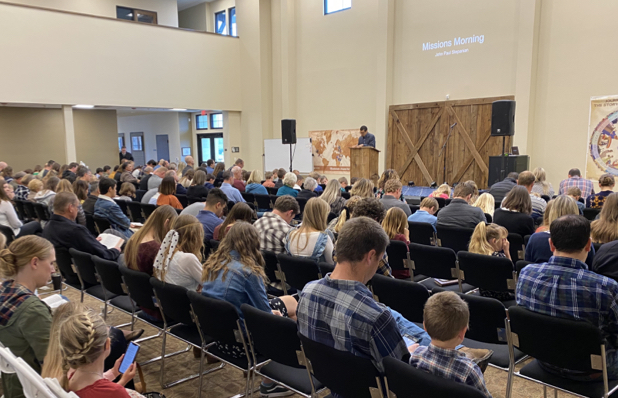Apr 19
2011
Helmet of Salvation
The Roman soldier wore a helmet of thick leather with molded and beaten metal to protect the head from the deadly blows from the enemy’s sword. The helmet was essential in protecting the most vital part of the body, the head. So what are some of the attacks from the enemy that aim for our heads? Discouragement, doubt, pride, self-righteousness, loneliness, discontentment and grief: the list goes on. Often, the





